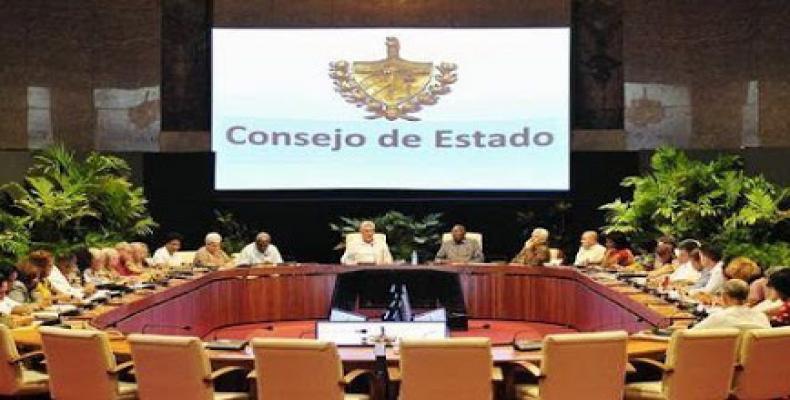Havana, April 22 (RHC)-- The Cuban Council of State approved six decree-laws during its April 16th session, with the presence of President Miguel Díaz-Canel and Prime Minister Manuel Marrero, according to parliamentary sources.
One of the provisions deals with the establishment of the special social security regime for the protection of members in the Basic Units of Cooperative Production, reports the Cuban Parliament's website.
Another two are related to the organization and operation of the Government Information System; and the foundation of the Science, Technology and Innovation System, its fundamental components, principles, functions and organization.
The decree-laws concerning the organization and operation of the Standardization, Metrology, Quality and Accreditation systems, as well as Food Safety, which establish the principles for healthy eating by citizens, were also approved.
The last decree is one that foresees the norms to create the National Regulatory Authorities, which will watch over the fulfillment of the legislation in force in their area of competence.
All were approved in compliance with the agreed Legislative Schedule.
The Constitution establishes that the decree-laws and agreements adopted by the Council of State are submitted for ratification by the National Assembly in its next session.
The Council of State of the Republic of Cuba is a collegiate body of the National Assembly of People's Power (ANPP) which represents it between sessions, executes its agreements and fulfills the other functions attributed by the Magna Carta.
The President, Vice President and Secretary of the ANPP are in turn members of the Council of State, which is made up of 21 members, including its leadership, elected by the legislative body.
The Council of State is not composed of the members of the Council of Ministers, nor of the highest authorities of the judicial, electoral and state control bodies.


